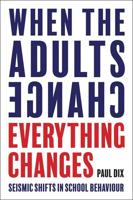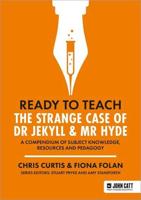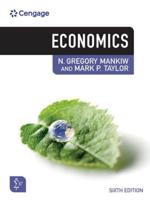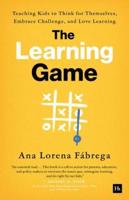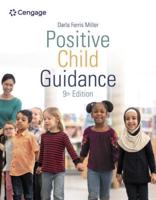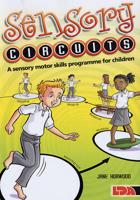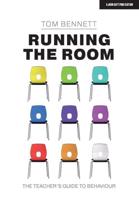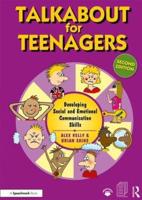Publisher's Synopsis
1. This program is about learning to use transparent paint.Learn simple things and gradually combine them to get wanted results.This program is about learning something (paint in watercolour).Finished paintings evolve gradually and naturally from this start.That will happen as your experience and confidence grows.But the more you do the better you get!So this program is about doing.By painting you understand what materials do and develop skill with some.There's no other way.Use an experimental attitude.But be scientific about your art learning.Set yourself challenges - let's see what happens here when I do this?Take your time.Don't rush enjoy the experience and see what you can find out.Fluency comes with practice so be persistent.Choose the subject you eventually want to be able to paint (well).That way you are heading down the correct path (for you).Your focus is always on portraits, landscapes, sea, or whatever you fancy.That's why black and white or coloured photographs are often used.This allows realism without any problems in creating that realism.Any photograph is of something.Magic Multiple Miniatures experiments are copied any number of times.Then you can compare different experiments with the same image.This highlights learning that would otherwise take much longer.ONE MMM experiment is a template for a series of explorations.Use the same materials in different combinations (black, grays, white).Use different materials (pencil, felt pen, paint).DIFFERENT MMM experiments as a basis for a series of explorations.Use the same element combinations (black, grays) on each one.Use the same materials each time (pencil, felt pen, paint).Explore further according to your curiosity.An MMM experiment could be printed on gray or coloured paper.Do not commence an experiment until you have the materials ready.This is not as hard as it sounds for many can be improvised.Some materials are expensive but can be acquired gradually and last.Do not worry about exactness of sizes either.Any measurements are approximate.Sizes are generally kept small then you can do more paintings.Only use a minimum quantity of paint.Not only will you conserve paint but also eliminate most waste and mess.Repeat a colour rather than use too great a variety of materials.Limited materials will encourage more thoughtful responses.Creativity, an ability to do most with least, is developed.In art as in science the task of combining many variables is highly skilled.Repetition also helps skill development.Several small paintings are better for learning than one larger one.They just take more time.That's how you can apply what you have learnt.Consider initially painting in acrylics.Later you can specialize in a particular medium if you wish.The course assumes you use acrylic or watercolour.You should have suitable containers and supplies of water.Allocating time to learn is vital.Try getting up an hour earlier so you'll not be interrupted by other people.Whatever time you allocate keep it regular.This way your art becomes a habit.Also other family members get used to it.At least once a week is a minimum time allocation.Twice each week is better.If you do it regularly daily is best for then there will be even greater benefits.The actual time allocation need not be great but it should be the same.Don't worry about whether you are doing the experiments correctly.Do something and it's just about certain to be right.In the process you'll discover whatever you find out.If you can't understand why an experiment has to be done don't worry.If instructed to do something but not told why then you'll do things naturally.That's the best way.ALL decisions are made by YOU other than the materials used.You decide how and what to do.There is NO defined outcome so you have alternatives.

